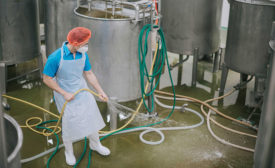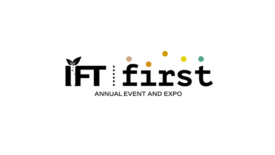Best Practices
Best practices in food safety include practices and processes that are followed, recommended, and shared by industry as safe, sustainable, recommended steps to ensure food safety, worker safety, consumer safety, and successful continuity of business operations.
ARTICLES
Pathways to Implementing Food Systems Capacity Building Programs for Smallholder Farmers: Major Constraints and Benefits
Are these programs reaching the smallholder farmers most in need?
June 28, 2024
Can 5S Be a Useful Methodology for the Sanitation Team?
There are multiple benefits to implementation of 5S methodology in the sanitation process and areas, including engagement of the sanitation team
June 28, 2024
EVENTS
Webinar
8/8/23 to 8/8/24
Contact: Vania Halabou
Five Simple Strategies for Improving Hand Hygiene Compliance for Food Safety
Webinar
9/26/23 to 9/26/24
Contact: Vania Halabou
Foreign Object Control: Best Practices in Food Processing and Foodservice
Webinar
1/30/24 to 1/30/25
Contact: Vania Halabou
AI in Food Safety: Current Applications and Future Possibilities
Never miss the latest news and trends driving the food safety industry
eNewsletter | Website | eMagazine
JOIN TODAY!Copyright ©2024. All Rights Reserved BNP Media.
Design, CMS, Hosting & Web Development :: ePublishing










